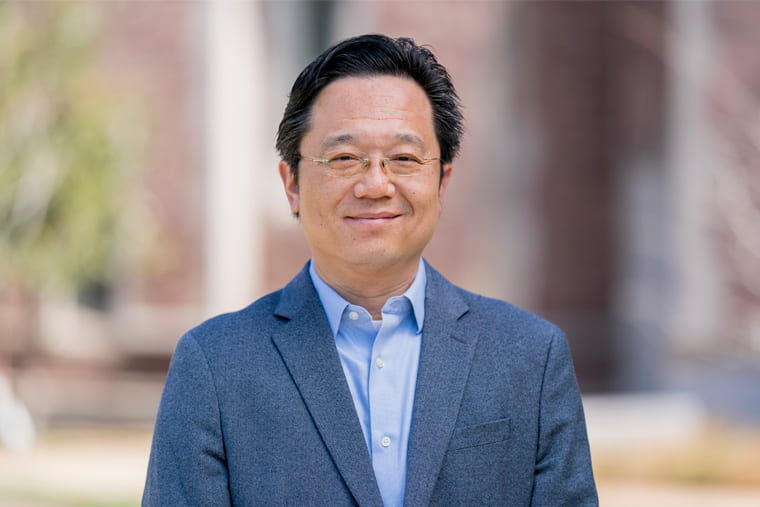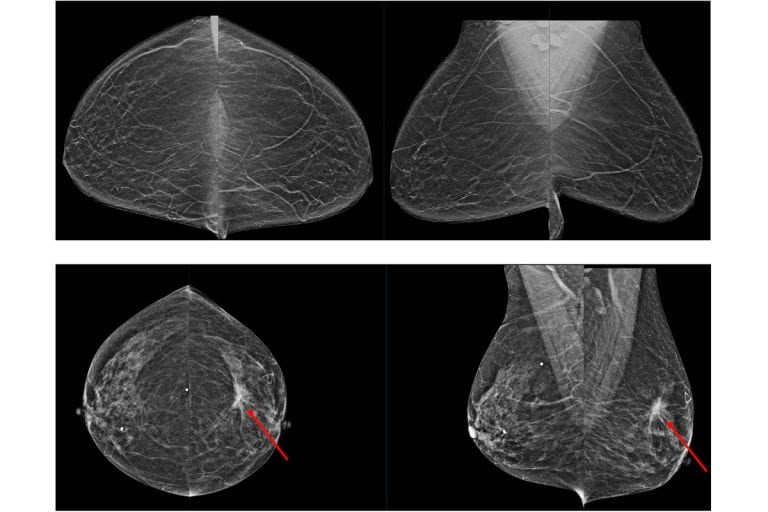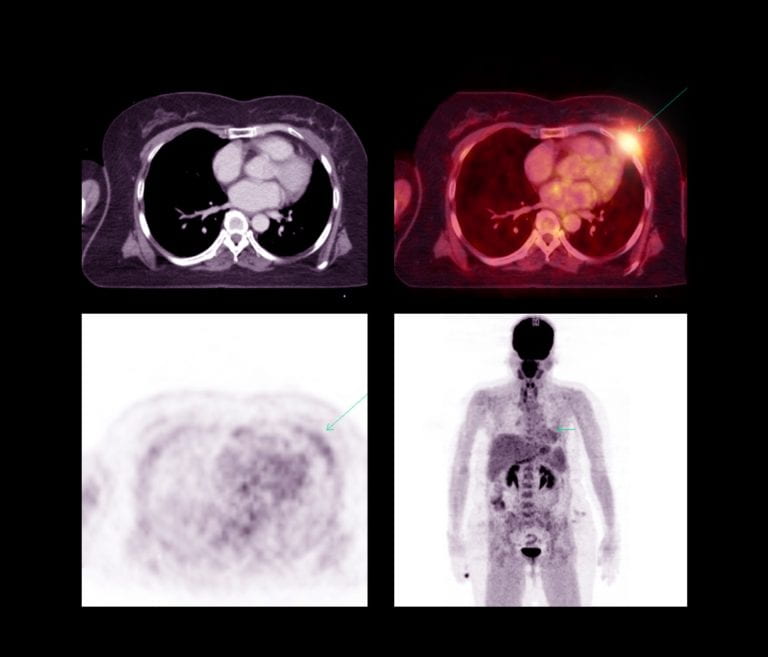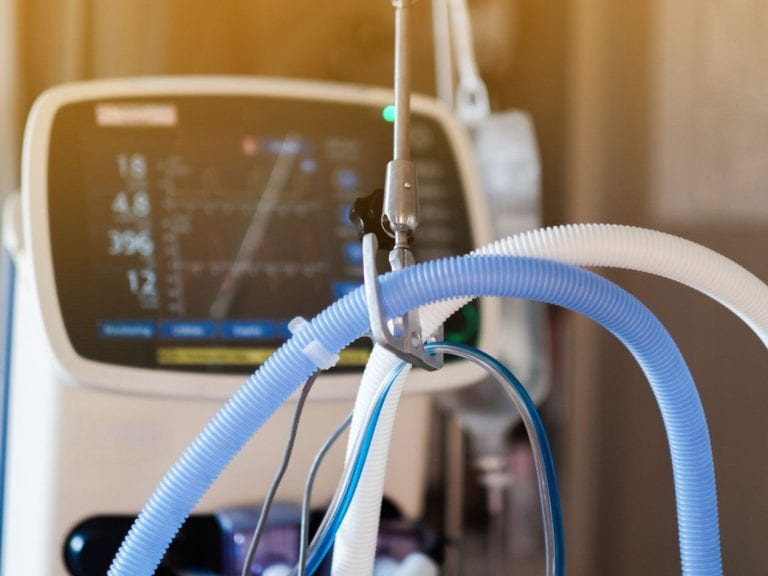AI for Health provides data-driven tools for healthcare:
- Phenotype complex diseases.
- Predict clinical outcomes and treatment effects.
- Discover risk factors associated with clinical outcomes.
- Support clinical decisions and precision medicine.
Research underway at Washington University in St. Louis

Talk: AI for Health with Wearables
Chenyang Lu to deliver keynote speech at CPS-IoT Week, the premier event on cyber-physical systems and Internet of Things.

AI-assisted breast-cancer screening may reduce unnecessary testing
Using AI to help doctors read mammograms reduces follow-up testing without missing cancer cases, simulation shows

AI-based algorithms need to be evaluated for their clinical applications
Abhinav Jha-led research focuses on developing algorithms to evaluate nuclear medicine images for clinical applications, such as cancer diagnosis and treatment

Wearable tech for contact tracing developed
‘Potentially powerful’ automated tool could help fight COVID, future pandemics in hospitals

Interdisciplinary team wins award for paper on predicting postoperative complications with wearables, artificial intelligence
The award to Chenyang Lu and collaborators was announced at the UbiComp/ISWC 2023 conference

Artificial intelligence may assist decisions on which patients should get critical life support
McKelvey Engineering, School of Medicine team develop machine-learning model using COVID-19 patient data

Learning physician burnout from electronic health record activities
Interdisciplinary team develops deep learning model to predict burnout from electronic health record logs

Wearable fitness trackers help physicians track patient health
Chenyang Lu applies machine learning, Internet of Things expertise to improve patient outcomes
Recent talks
- AI for Health with Wearables, Keynote, Cyber-Physical Systems and Internet-of-Things Week (CPS-IoT Week), May 2024.
- Artificial Intelligence and Internet of Medical Things for Healthcare (Slides) (Video), Medicine Grand Rounds, Department of Medicine, Washington University School of Medicine, September 2022.
- Internet of Medical Things: Predicting Clinical Outcomes with Wearables (Slides) (Video), IoT Day Keynote, ACM International Conference on Mobile Systems, Applications, and Services (MobiSys’22), June 2022.
